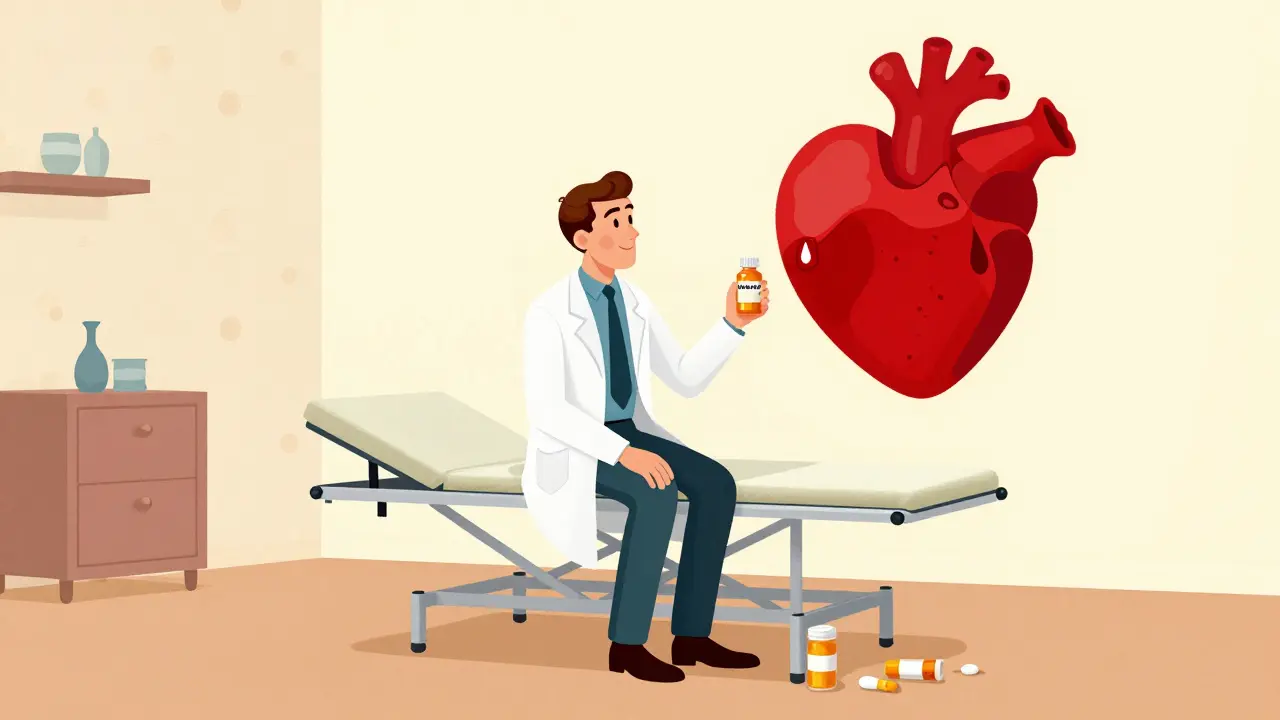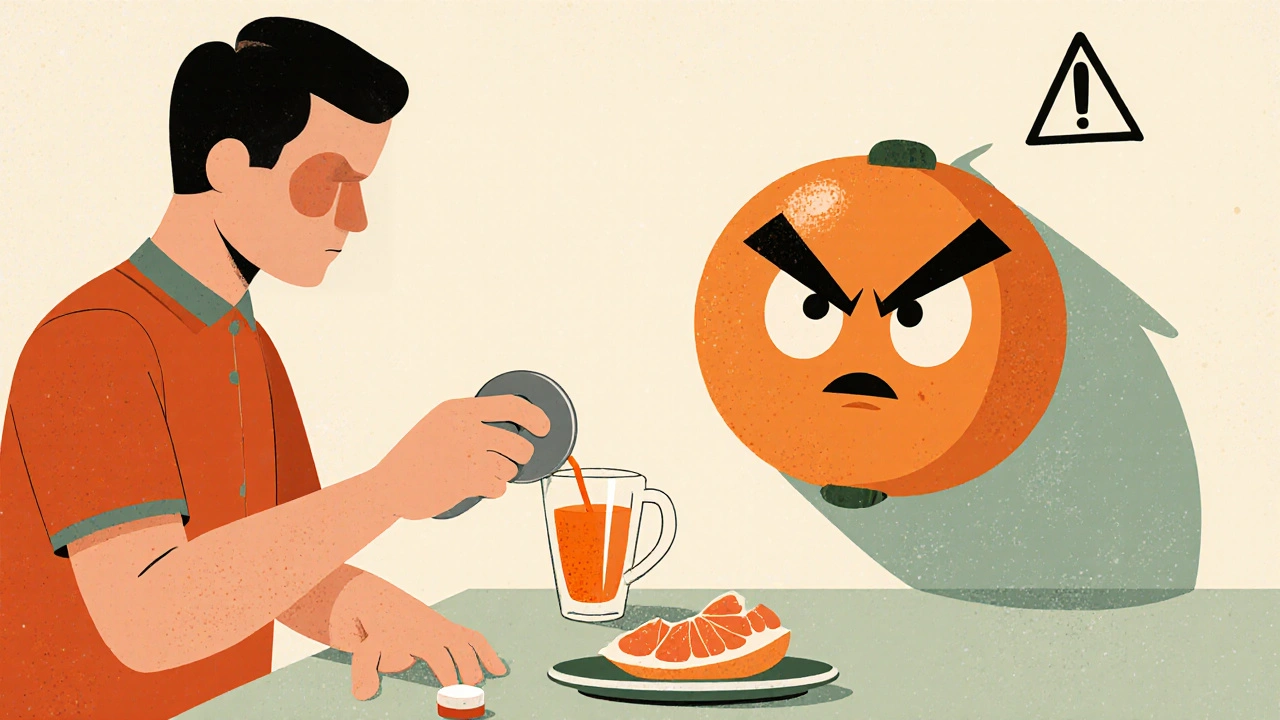Drug Interactions: What You Need to Know Before Mixing Medications
When you take more than one medication, you're not just adding effects—you're creating a drug interaction, a change in how a drug works when combined with another drug, food, or supplement. Also known as medication interaction, it can make your pills less effective, cause unexpected side effects, or even become dangerous. This isn’t rare. Nearly half of adults in the U.S. take at least one prescription drug, and many of them mix it with over-the-counter pain relievers, vitamins, or herbal supplements. What seems like a simple fix—like popping ibuprofen for a headache while on blood pressure medicine—can quietly mess with your liver, kidneys, or heart rhythm.
Some drug interactions, happen when one drug blocks or speeds up how your body breaks down another. For example, fentanyl patches can become deadly if you get too hot—heat changes how fast the drug enters your bloodstream, raising overdose risk. Or take antibiotics: they kill off good bacteria in your gut, which can let yeast overgrow and cause infections. That’s why probiotics are often recommended after a course of antibiotics. These aren’t random accidents. They’re predictable outcomes tied to how your body processes chemicals. Even something as simple as grapefruit juice can stop your body from breaking down certain cholesterol or blood pressure drugs, causing them to build up to toxic levels. Then there are over-the-counter meds, like Tylenol or ibuprofen, that seem harmless but can clash with prescription drugs. Tylenol (acetaminophen) is safe alone, but if you’re also taking certain antidepressants or seizure meds, your liver can get overloaded. Ibuprofen can raise blood pressure and hurt kidney function, especially if you’re already on diuretics or ACE inhibitors. These aren’t edge cases—they’re everyday risks.
Doctors and pharmacists don’t always catch these because patients forget to mention what they’re taking. A herbal supplement like Brahmi might seem harmless, but it can affect how your body processes brain-related drugs. Or you might be using ketoconazole cream for a rash while also taking a pill that interacts with the same liver enzyme. The real danger isn’t the drugs themselves—it’s the lack of awareness. You don’t need to be a scientist to avoid harm. You just need to know what you’re taking and ask one simple question: "Could this mix with anything else I’m using?"
Below, you’ll find clear, no-fluff guides on real drug interactions you might not know about—from how heat affects fentanyl patches to why antibiotics cause yeast infections and how generics can still be safe even when mixed with other meds. These aren’t theory pieces. They’re based on what people actually experience, what studies show, and what works in practice. Whether you’re managing chronic pain, taking antibiotics, or just trying to stay healthy with OTC meds, this collection gives you the facts you need to stay safe.

Herbal Supplements and Drug Interactions: What You Need to Know for Safety
Herbal supplements can dangerously interact with prescription drugs, causing bleeding, organ rejection, or treatment failure. Learn which herbs are risky, how they interfere with medications, and what you must do to stay safe.

Drug Interactions: How Food, Supplements, and Medications Can Clash and What to Do About It
Food, supplements, and medications can clash in dangerous ways-grapefruit can make statins toxic, St. John’s wort can render birth control useless, and vitamin K can undo warfarin. Learn how to spot and prevent these hidden interactions.
